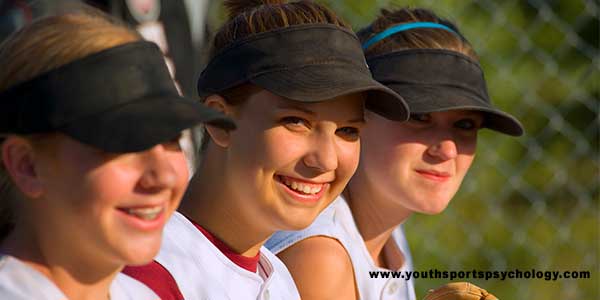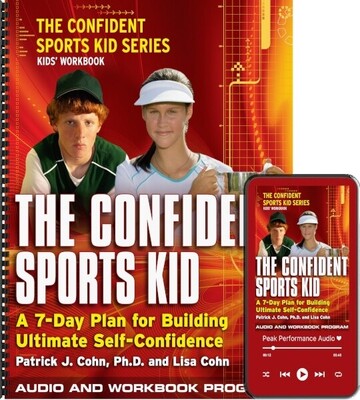
What to Say on the Car Ride Home After the Game
This week, we are following up on a video we shared last week about “The Car Ride Home“.
We provide tips on how parents can help kids feel confident after the game…
Sports parents often unwittingly make the mistake of hurting their kids confidence after a game or competition. This often happens during the car ride home, or even before kids get in the car.
Before you discuss the game or competition, make sure your kids want to discuss it. They may need a cooling off period.
The Positive Coaching Alliance suggest as least a 30-munute cool off period for athletes and parents before discussing the game. For some athletes, it might be much longer than 30 minutes–you have the gauge this for each athlete.
If they are open to talking, avoid being negative or focusing on mistakes. Don’t dwell on mistakes your athletes made at this time. It may hurt kids’ confidence as the worry that they are not good enough.
Post-Game Conversation
Make sure that your children know that they are great people no matter how well they performed.
A single performance doesn’t determine who they are as people. If they think “I played badly,” it can quickly turn into “I am bad” or “I am not good enough.”
You want your athletes to separate their person from the athlete. A bad performance or losing a game doesn’t mean they are bad people, but this is often the trap athletes fall into.
When you discuss the game, begin by making two positive comments. Focusing on the positive will help your sports children learn to do the same, which will help build their resistance to thoughts that may sink their confidence.
Compliment them on a few things they did well. You might ask your children what they did well today.
After the game, avoid being emotional or showing frustration. Respond to their performances–both good and bad–with the same, calm attitude. Avoid looking too excited about wins and too upset about loses.
It’s important to show them you love them no matter what–and your athletes are worthy people no matter how they do in sports.
And be sure to help them “switch roles” after the game. This means leaving their role of athletes on the field and focusing on other areas of their lives.
Related Articles on Youth Sports:
- Do Your Young Athletes Feel Satisfied after a Game?
- How Athletes Can Move on after a Bad Game or Failure
- A Big Mistake Sports Parents Make After Games
*Subscribe to The Sports Psychology Podcast on iTunes
*Subscribe to The Sports Psychology Podcast on Spotify
The Composed Sports Kid

“The Composed Sports Kid” audio and workbook digital download program for young athletes and their parents or coach helps kids cope with frustration and anger in sports. Help your sports kids learn how to manage expectations and let go of mistakes so they can keep their head in the game.
The Composed Sports Kid system is really two programs in one–one program to train parents and coaches how to help their kids practice composure, and one program that teaches young athletes–ages 6 to 13–how to improve composure, let go of mistakes quickly, have more self-acceptance, and thus enjoy sports more!
